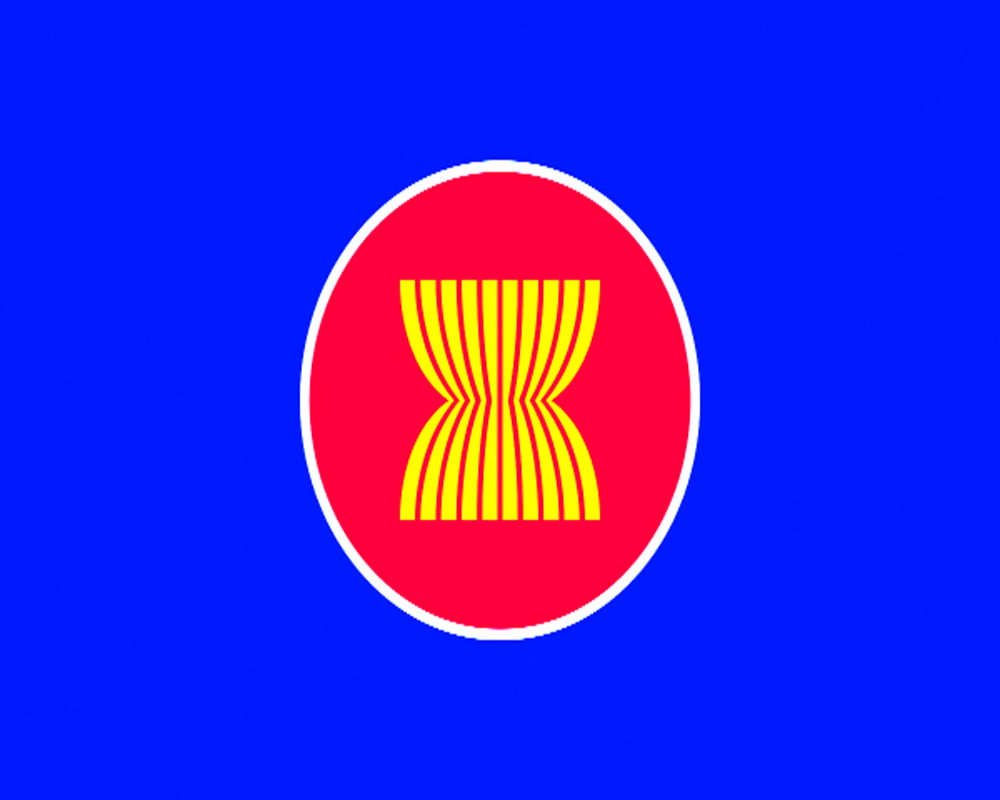India wants equitable inclusive development in the region without facing coercion from China
Prime Minister Narendra Modi wound up two high-ticket global events this week. The G20 summit in Rome followed by the COP26 climate change talks in Glasgow. In the last week of October, he was able to interact with his Southeast Asian counterparts, the region gaining increasing significance in India's Indo-Pacific strategy.
India has had lukewarm to cold ties with the ASEAN as a collective bloc of influence in the past. The reasons are varied, as India, in the pre-2014 period, was still trying to take a firm call on its Indo-Pacific strategy. This 'free, open, accessible, follower of international laws and conventions' Indo-Pacific region has been the central focus of many regional bloc and finds prominence in India's foreign policy now.
The QUAD alliance is all about keeping the Indo-Pacific region rules-bound. The equations between members of ASEAN and their outreach and alliances with other countries are now increasingly being dictated by the China factor. China is a close neighbor to many ASEAN nations that have maritime interests in the shared waters. China's economic and military might has silenced many voices within the bloc from coming out in full support of the emerging global consensus on Indo-Pacific strategy. Some have even bought the China rant on alliances like QUAD being 'Anti-China'.
These narratives are detrimental to Indian interests specially, if it has to take a regional influencer's role. The Prime Minister was right when in his address to ASEAN he commented, "This special role of ASEAN, India's Act East Policy which is contained in our Security and Growth for All in the Region — 'SAGAR' — policy. India's Indo-Pacific Oceans Initiative and ASEAN's Outlook for the Indo-Pacific are the frameworks for our shared vision and mutual cooperation in the Indo-Pacific region.". He clearly brought out the centrality of India's shared vision of equitable inclusive development in the region without facing coercion from China.
China has been a notorious actor in the region (read South China sea). This year, ASEAN statement mentioned pending issues in the South China sea region which many analysts have hailed as an important step. Perhaps, for the first time, the ASEAN leaders agreed to vocalise the need for rules-based order in the South China sea, something akin to UNCLOS. Interestingly, India went through a laborious round of negotiations and consultations to get UNCLOS recognized by the elite security council of the UN, which was under its presidency during the period. In fact, Prime Minister Modi chaired a debate on maritime security in the UNSC in August this year where the statement was adopted. Therefore, the reiteration coming from the ASEAN leadership for ensuring free maritime trade, settling disputes on high seas peacefully and preventing terrorism and drug trafficking via sea routes can be seen as the step in the right direction. This could be seen as early signs of ASEAN leadership's collective frustration with China.
India's strategic partner, the US, has also a key role in building up a consensus among the ASEAN leadership. The US can possibly request the other QUAD to use their past alliances with ASEAN to chart out a new course. It may be worth mentioning that besides India, Australia and Japan both have strategic alliance with ASEAN and have shared interests in the region.
One of the low hanging fruits could be sending away a bulk of the Covid vaccines planned under QUAD agreement to these ASEAN nations which currently may be heavily dependent on Chinese vaccines and the citizens would be greatly benefitted with a new dose of vaccines. Also, developing strategic bilateral ties with countries such as Singapore, Thailand, Vietnam could be the game changer for India.
(The writer is a policy analyst. The views expressed are personal.)


























